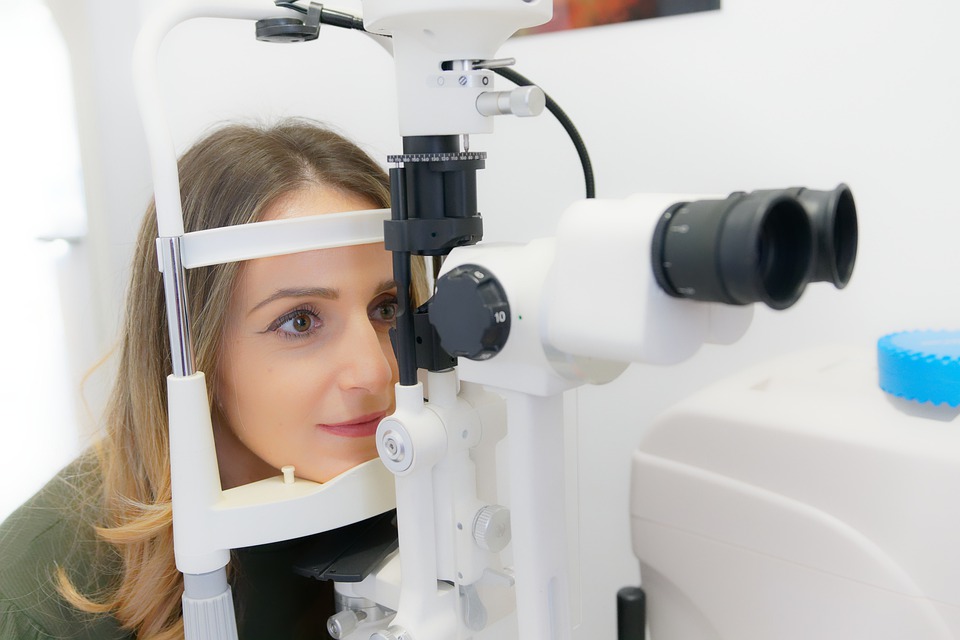Have you had the feeling that something is wrong with your eyes lately? Is your vision blurry, or does your head hurt? Then it’s time to get an eye exam!
Why Is an Eye Exam Important?
The importance of annual eye exams goes far beyond checking for blurry vision. Your ophthalmologist can make sure you don’t have severe eye diseases, such as glaucoma, cataracts or eye cancer, by performing an in-depth eye exam.
Besides, persistent headaches and the dangers of poor visibility while driving can be prevented with an eye exam. This eye exam will also tell you the details of your future eyeglass prescription.
How Often Should I Have an Eye Examination?
This depends partly on your age and your eyes’ condition, and your family history of the disease. If you are under 40 and have no eye problems, your doctor or optician may recommend that you have an eye examination every two years.
If you are age 40 or older, it is recommended that you have your eyes examined every 1 to 2 years.
If you have had or are at risk of developing eye problems (if anyone in your family has had them), you should see an ophthalmologist at least once a year.

How Do Eye Examinations Work?
An eye examination is a series of tests to check your vision. The ophthalmologist or optician may use various instruments, shine a bright light into your eyes and ask you to look through a series of lenses. Each test in an eye exam evaluates a different aspect of your vision or eye health.
Before the Eye Exam
Before the actual exam begins, the doctor or optician should clarify a few things. If this is your first eye exam, you will most likely first be asked questions about your vision history. The answers will help you understand your risk for eye disease and vision problems. The questions you will be asked may go something like the following:
-What health problems have you had in recent years?
-Do you suffer from eye problems?
-Does anyone in your family have eye problems such as macular degeneration, glaucoma or retinal detachment?
-Have you had eye problems in the past?
-Have you ever had eye surgery?
-Do you have any allergies to medications, foods or other substances?
-Are you taking any medications?
During the Eye Examination
The doctor or optician will then continue with the eye examination. If an ophthalmologist examines you, the procedure usually includes these steps:
-The ophthalmologist will measure your visual acuity to see if you need glasses or contact lenses to improve your vision.
-An anesthetic drop is placed in your eyes. Next, your eye pressure will be measured. To make it easier for the doctor to examine the inside of your eye, he or she may choose to dilate your eyes with drops.
-After waiting for the dilating drops to take effect, the ophthalmologist checks the health of your eyes, possibly using different lights to evaluate the front and inside of each eye.

After the Eye Exam
At the end of the eye exam, you will discuss the results of all the tests with your doctor, including an assessment of your vision, your risk of developing an eye disease, and preventive measures you can take to protect your vision.
If you’re looking for a professional optometrist for your eye exam in Toronto, SUMMERHILL OPTOMETRY offers the highest quality eye exams and eyewear, including contact lenses, glasses, sunglasses from some of the world’s leading brands and much more. Do not hesitate to contact them for more information!


